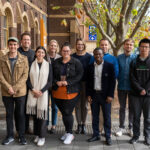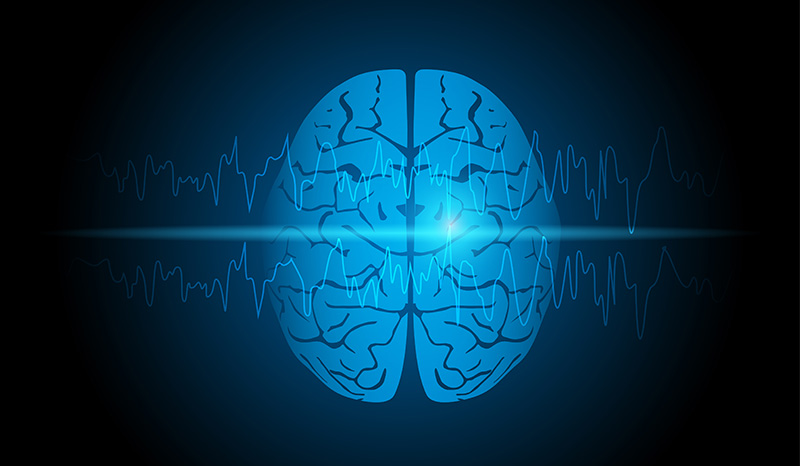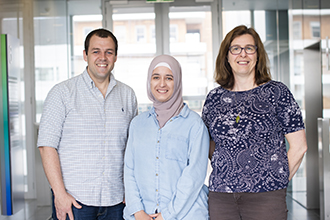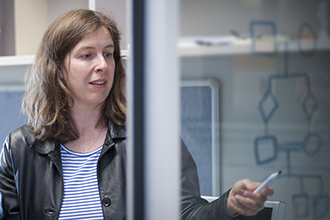A person’s thoughts and movements are controlled by brain cells that communicate with each other through regular electrical impulses. A seizure occurs when sudden bursts of electrical activity in the brain disrupt this pattern.
The kind of seizure and the parts of the body affected relate to the part of the brain in which the abnormal electrical activity occurred.
There are many different types of seizures; they can be subtle, causing momentary lapses of consciousness, or conspicuous, causing sudden loss of body control.
Seizures are episodic and unpredictable and may occur as frequently as several times a day, or just occasionally in a lifetime.









